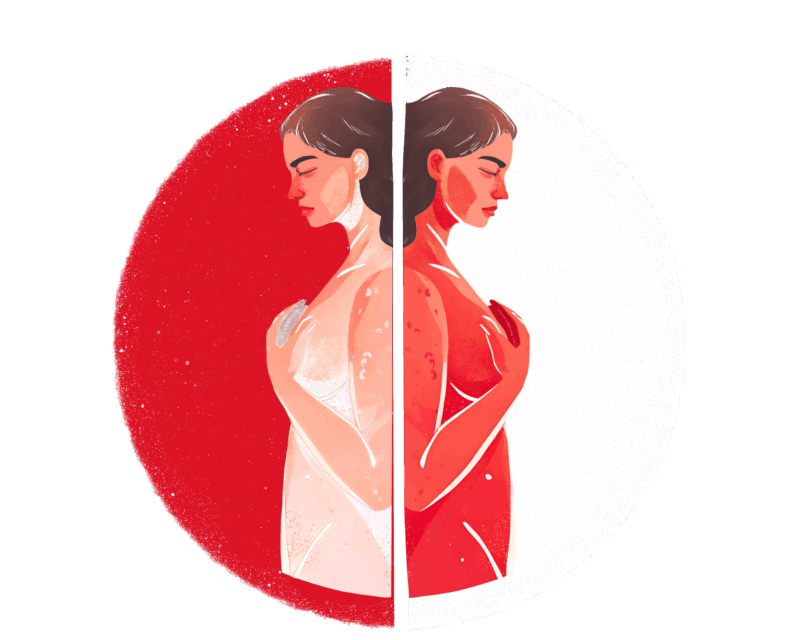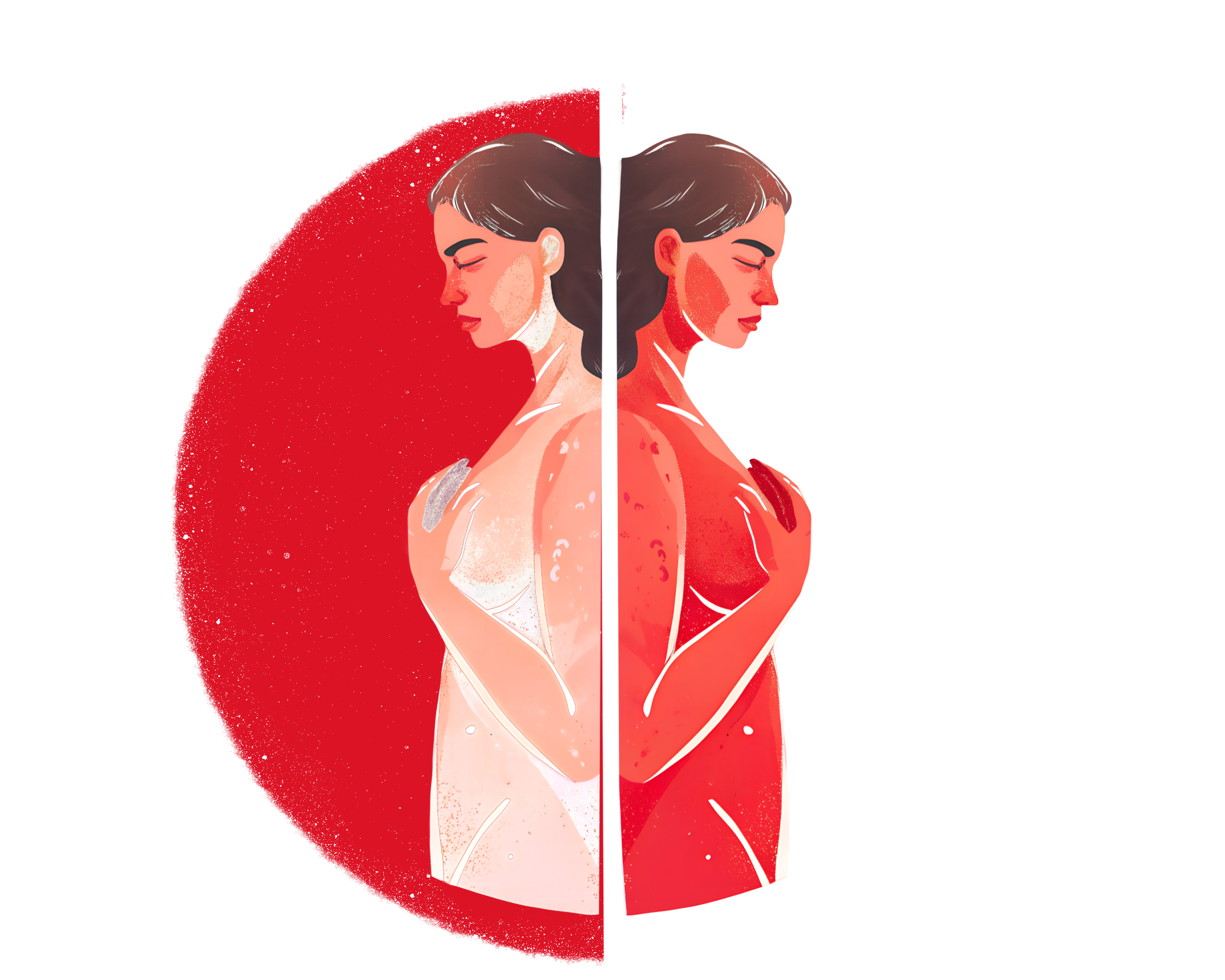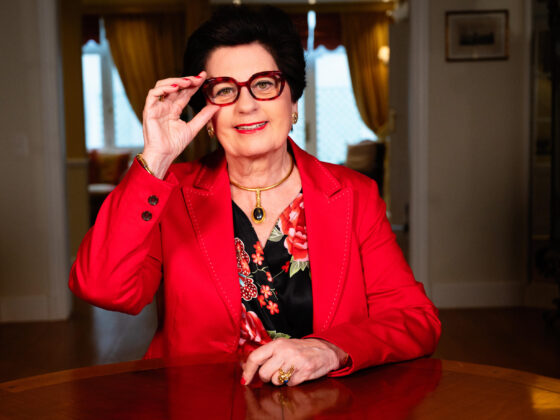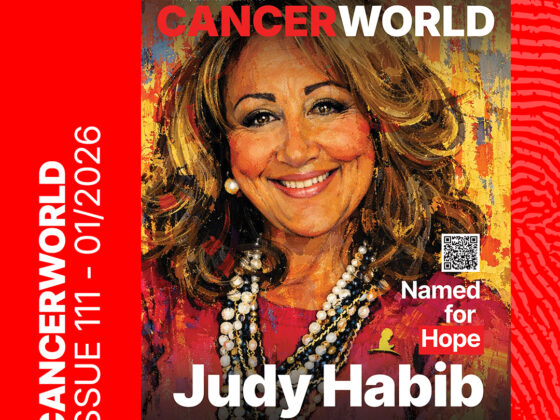When Ana, a confident assistant manager at a multinational corporation, walked into my counseling office, she was no longer the poised professional her colleagues knew. “I was never meant to be a mother,” she whispered, eyes shadowed by uncertainty and fear. Behind this statement was a recent breast cancer diagnosis, an unexpected rupture that magnified long-held doubts and social pressures. Ana’s story is not unique.
Healing is not simply a biological process; it is also an emotional, existential, and psychological journey. Medicine plays a vital role, but health is co-created, shaped by beliefs, attitudes, relationships, and meaning. Within this space, a powerful and often overlooked phenomenon can emerge: Post-Traumatic Growth (PTG).
The Emotional Burden of Cancer
A cancer diagnosis fractures a person’s perception of time, body, and mortality. Suddenly, philosophical questions about death, meaning, and legacy become urgently real. This rupture can result in anxiety, grief, and depression, but also in profound psychological transformation.
Avoiding negative emotions may offer short-term comfort, but research shows that emotional suppression correlates with poorer health outcomes. Paradoxically, allowing space for emotional complexity, grief alongside gratitude, can foster resilience. Patients who confront their fear and sadness often discover new perspectives and personal strength. Cancer patients are often driven by two imperative emotional forces: “must” and “want.” These words reflect determination and a desire for life: I must finish college. I want to see my children grow up. I must survive. These motivations become symbols of personal agency, anchoring patients to hope and purpose in the midst of crisis.
Two Diagnoses: Medical and Emotional
Every cancer patient receives not just a physical diagnosis but a psychological and emotional one as well. The medical record captures the biological disease; the emotional diagnosis often remains unspoken, buried in silence, shame, or fear. Patients frequently carry unresolved emotional burdens, including resentment, regret, and existential guilt. Resentment, unlike momentary anger, is chronic and corrosive. Many patients report that quality of life, while it lasts, depends on releasing these negative emotional energies. Healing, then, becomes a dual process: treating the body and tending to the soul.
What Is Post-Traumatic Growth (PTG)
The concept of PTG was introduced by psychologists Richard Tedeschi and Lawrence Calhoun in the 1990s to describe positive psychological change following adversity. Rather than merely returning to baseline, individuals experiencing PTG develop new strengths, values, and worldviews as a result of trauma.
Trauma disrupts an individual’s core beliefs and forces a reevaluation of what truly matters. This existential “earthquake” can lead to:
· Increased personal strength and resilience
· Greater appreciation for life
· Enhanced relationships and empathy
· A revised life philosophy
· Deeper spirituality or meaning-making in oncology, PTG is particularly relevant. Studies have shown that 52% to 74% of cancer patients report moderate to high levels of PTG (Cordova et al., 2001). Cancer becomes a threshold experience, a before-and-after moment that reshapes identity, relationships, and priorities.
Case Illustration
Ana initially responded to her diagnosis with emotional withdrawal and denial, compounded by social pressure around motherhood. In therapy, we identified her defense mechanisms and gently worked toward adaptive coping strategies.
One challenge was addressing rumination, the repeated focus on her trauma. While rumination can increase distress, it can also serve as a catalyst for growth when paired with active coping mechanisms. Research supports this: active coping has been shown to moderate the effects of rumination, improving health-related quality of life (Senger et al., 2023).
Through guided reflection and emotional processing, Ana began to recognize the difference between societal expectations and her authentic desires. Her growth did not come from “beating cancer,” but from reclaiming her voice and learning to live according to her values.
Meaning in Life and Growth
As trauma forces patients to reevaluate their lives, meaning-making becomes essential. Meaning in life (MiL) has been shown to enhance psychological adjustment and promote PTG (Almeida et al., 2022). Patients who find meaning, even in suffering, report higher levels of resilience and well-being. The threat of mortality, paradoxically, can spark a renewed commitment to life. Patients often speak of small joys, restored relationships, and a deeper sense of purpose. They may discover a kind of healing beyond physical recovery, a transformation that redefines what it means to be alive.
Conclusion: Time for Growth?
Does the oncology patient have time to experience post-traumatic growth?
The answer lies not in a medical chart, but in a philosophical truth. As Marcus Aurelius once wrote: “Do not disturb yourself by imagining your whole life at once.” For cancer patients, growth begins by reclaiming the present, one moment, one breath, one insight at a time. Post-traumatic growth cannot be forced. It is not a performance or a checkbox on a treatment plan. It is a slow unfolding of meaning, forged through pain, reflection, and courage. In that process, cancer is no longer just an ordeal to survive, but a crucible for profound transformation, where fear gives way to clarity, and life, however uncertain, becomes deeply and urgently worth living.
Bibliography
- Almeida, M. et al. (2022) ‘Meaning in life, meaning-making and posttraumatic growth in cancer patients: Systematic review and meta-analysis’, Frontiers in Psychology, 13. doi:10.3389/fpsyg.2022.995981.
- Senger, A.R. et al. (2023) ‘The role of coping and posttraumatic stress in fostering posttraumatic growth and quality of life among women with breast cancer’, Journal of Clinical Psychology in Medical Settings, 31(2), pp. 368–378. doi:10.1007/s10880-023-09977-x.












